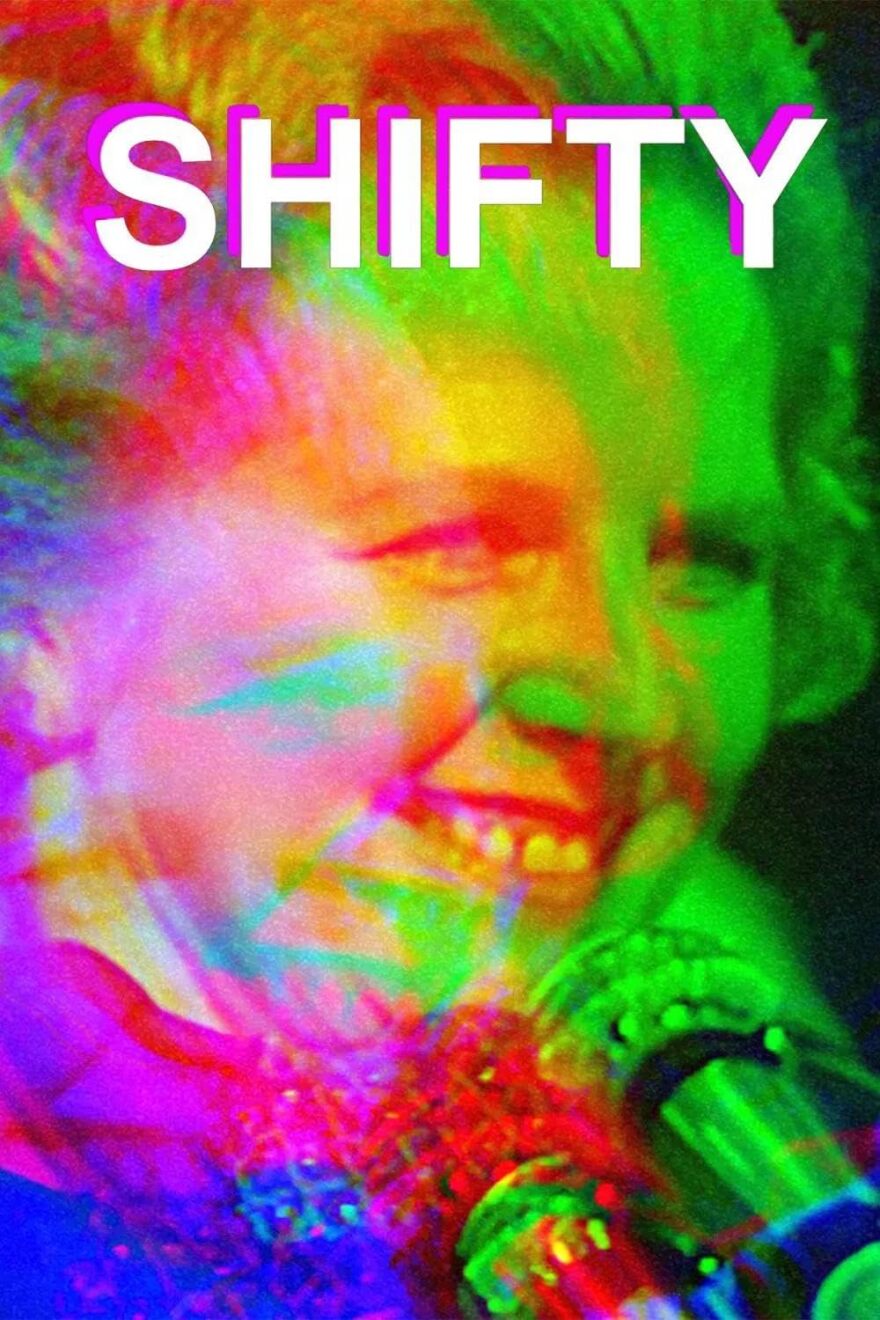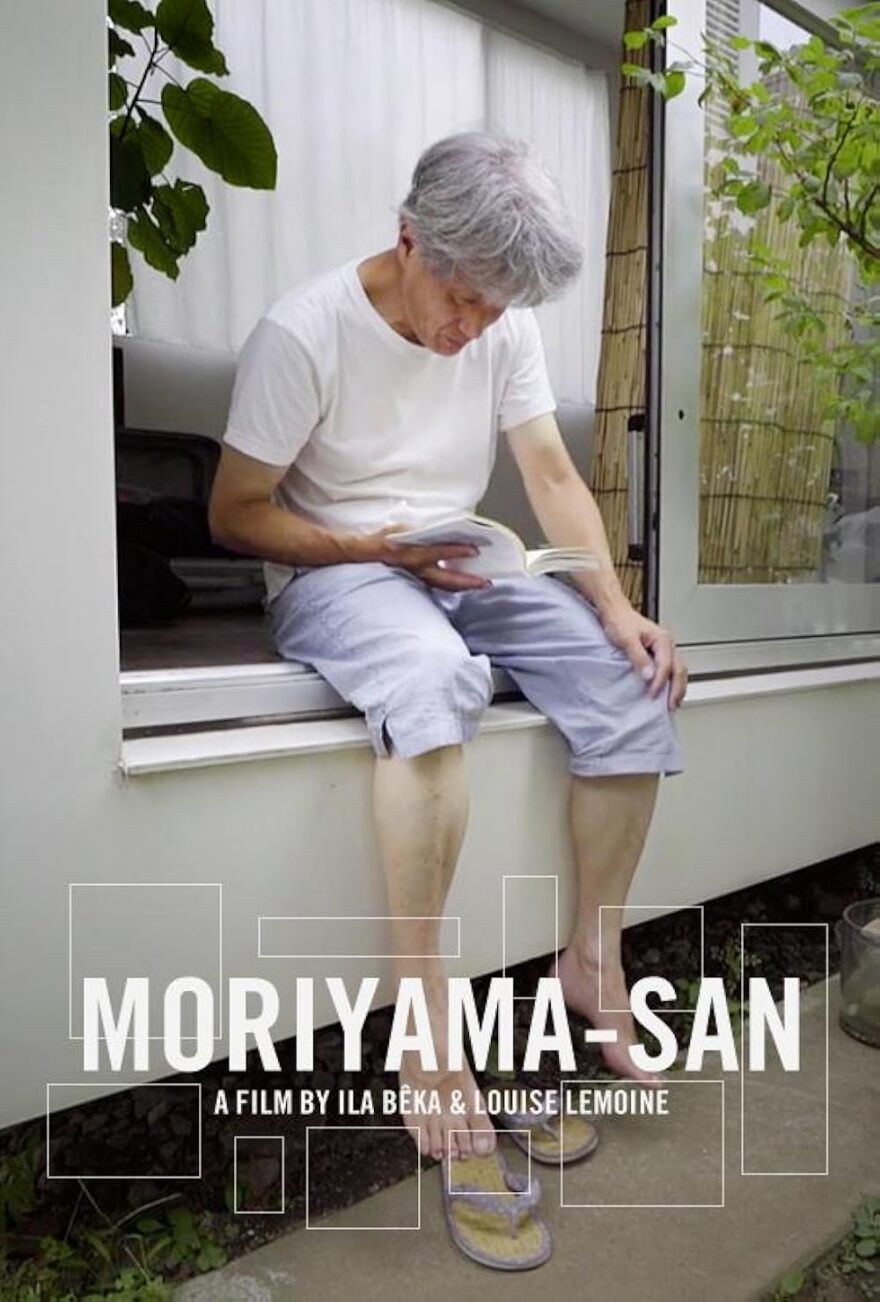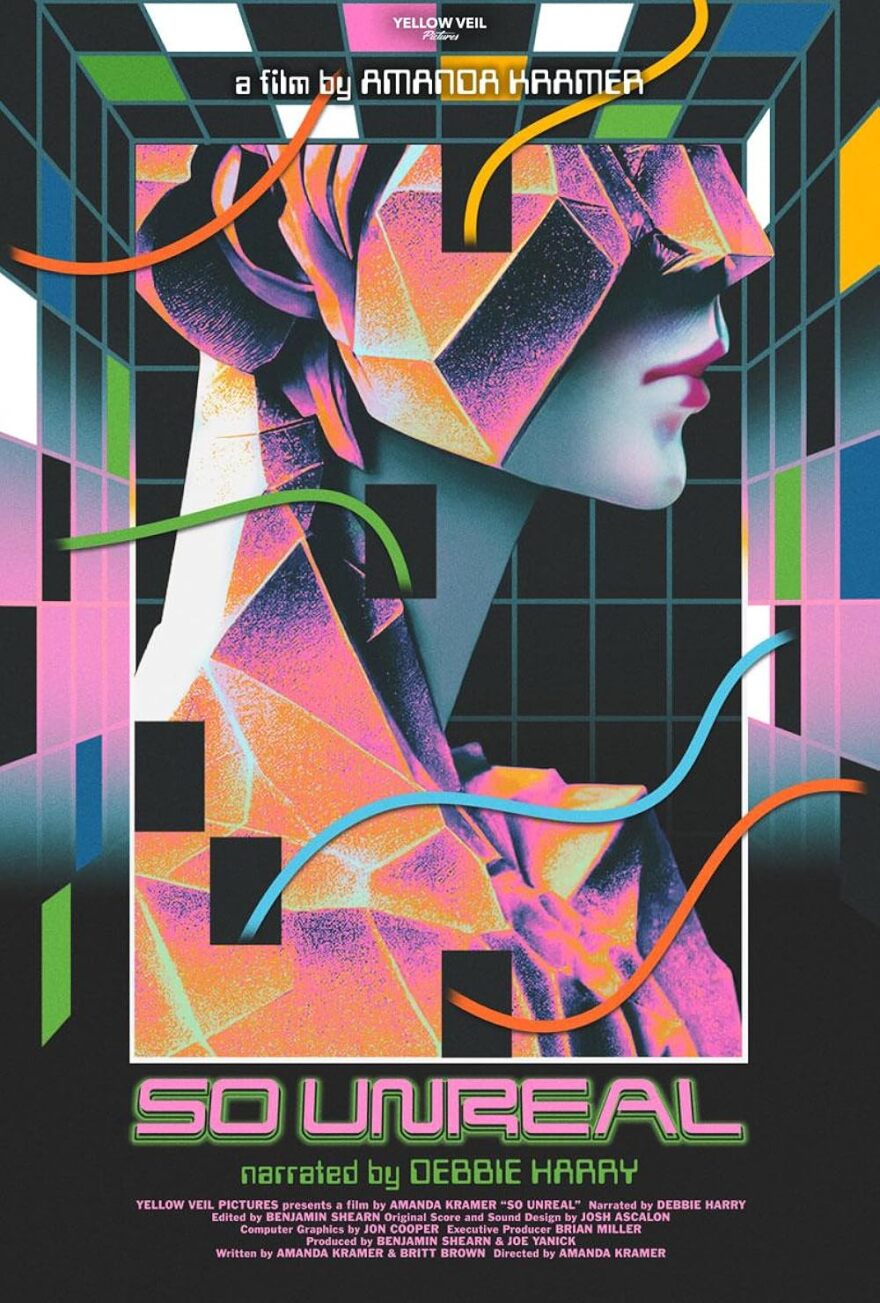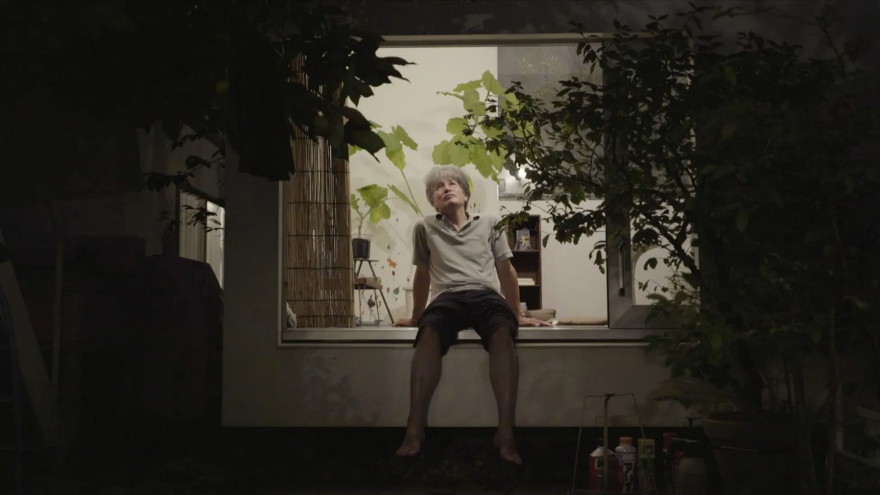Sometimes I go through phases where I obsessively dive into a single genre of film — watching everything I can, studying the filmmakers, and immersing myself in that world. Earlier this year, it was ’90s action movies — the ones my dad loved — Lethal Weapon, The Rock, the Bad Boys films. Then that morphed into a “slow cinema” phase, where I finally read Paul Schrader’s Transcendental Style in Film after it sat on my shelf for years. I watched a ton of Bresson, revisited some Ozu films I hadn’t seen in ages, and even tackled Béla Tarr’s Sátántangó, which I fell in love with, along with “Twilight” (the early ’90s minimalist-noir, not the vampire one).
But more often than not, I find myself in stretches where fiction films just don’t do it for me — and I start diving back into documentaries I may have missed, old or new. Documentaries are what made me want to become a filmmaker in the first place. They can be so many different things — playing with form, challenging convention — and yet they’re often overlooked as an artistic endeavor, treated instead as purely educational tools (which they can be, too).
Lately, I’ve been back in my documentary era. So I wanted to round up a list of films I’ve discovered or revisited over the past few months — some old, some new — all of them great or at least interesting, and worth your time.
Shifty (2025, Adam Curtis)

Shifty, the newest series from Adam Curtis for the BBC, explores the last few decades in the UK — a period when the world seemed to shift from something real and stable to something increasingly strange. It’s familiar territory for Curtis, but this one feels different. Missing, as in his last film, is his signature voiceover, and the series feels even more sprawling — an attempt to capture something ephemeral: a feeling.
It’s fascinating to see such a vast documentary with no clear thesis beyond evoking a mood, yet it makes emotional sense. Across the UK and beyond, the rise of AI and the internet, the erosion of in-person community, and the surge of conspiracy theories and authoritarianism all seem to intertwine, leaving us collectively disoriented.
Watch this series not to find an answer, but perhaps to feel less alone — and maybe to be inspired to step outside your silo and reconnect with the people and world around you.
Moriyama-San (2017, Ila Bêka & Louise Lemoine)

A quietly mesmerizing portrait of Yasuo Moriyama, an idiosyncratic Tokyo man who lives in a home, made of 10 white cubes, that’s as unconventional as his rhythms of life. I only discovered this film after someone on Reddit accused Wim Wenders for pilfering this aesthetic for one of my favorite films of the last few years Perfect Days, although I see Some cosmetic similarities, the human and the execution are vastly different. The film feels like a meditation — part architectural study, part character sketch, part experimental-noise musical, part ambient daydream.
There’s no narrative in the traditional sense, just the subtle unfolding of a person’s way of existing, of being. It’s the kind of film that makes you rethink what a “subject” even is and who or what is worthy of a film. I’ve been of the firm belief that everyone’s story deserves to be told, and that traditional narrative although at times very effective can be incredibly limiting. Moriyama-San is a film that has immediately become an inspiration.
So Unreal (2023, Amanda Kramer)

So Unreal, from Amanda Kramer, is in many ways an aesthetic exercise—an essay film narrated by Debbie Harry of Blondie that dives into the history of virtual reality in cinema. Featuring clips from films like Virtuosity, Strange Days, Brainstorm, eXistenZ, and many more, it drew me in from the very beginning. And if you know me, you know I love an essay film about cinema. Though it’s less epic in scope than We Kill for Love or Los Angeles Plays Itself, it’s every bit as mesmerizing.




